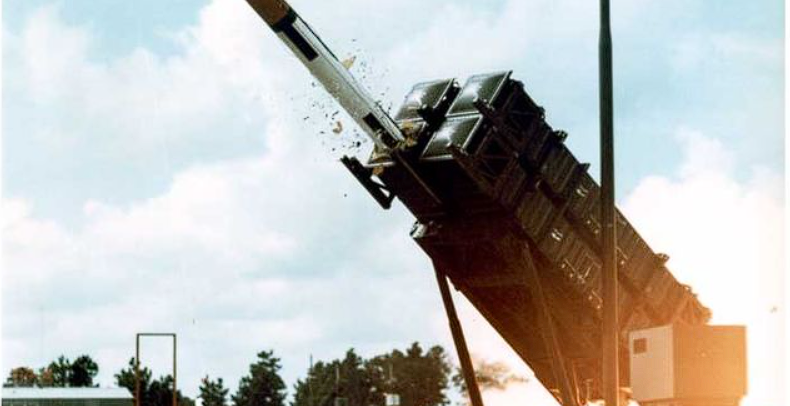Others are reading now
In a recent analysis, the Institute for the Study of War (ISW) has indicated that Russia is increasing efforts to acquire ballistic missiles from foreign sources, as these missiles have proven more effective at evading Ukrainian air defense systems. This development comes amid the ongoing conflict in Ukraine, where Russian forces have faced significant challenges from Ukrainian air defenses.
According to ISW, Russian military forces have been utilizing short-range ballistic missiles in their strikes against Ukrainian cities, especially those closer to the front lines. These missiles have shown a higher rate of success in penetrating or circumventing Ukrainian air defenses, compared to other types of munitions.
Statistics reveal that Ukrainian air defense systems have successfully intercepted a majority of Russian cruise missiles launched since late December 2023. However, they have had limited success against ballistic missiles used by Russia in the same timeframe.
Also read
In an unconventional strategy, Russian forces have adapted S-300 and S-400 air defense missiles for ground strikes within Ukraine. Ukrainian officials acknowledge the difficulty in intercepting these modified missile attacks using similar defense systems. The challenges posed by Iskander ballistic missiles have also been significant, although Ukrainian forces managed to intercept an Iskander-M missile in a recent series of Russian missile and drone strikes.
The effectiveness of Russian ballistic missiles partially depends on the configuration of Ukrainian air defenses in the targeted area and the missile systems used in the strikes. The relative success of these ballistic missile strikes, in combination with cruise missiles and drones, may drive Russia to seek more ballistic missiles from international sources.
Russia’s defense industry reportedly can produce around 42 Iskander missiles and four Kinzhal missiles per month. The exact production capacity for S-300/S-400 missiles remains unclear. Given the scale needed for a prolonged campaign involving numerous ballistic missiles, Russia is likely to resort to foreign sources for these weapons.


